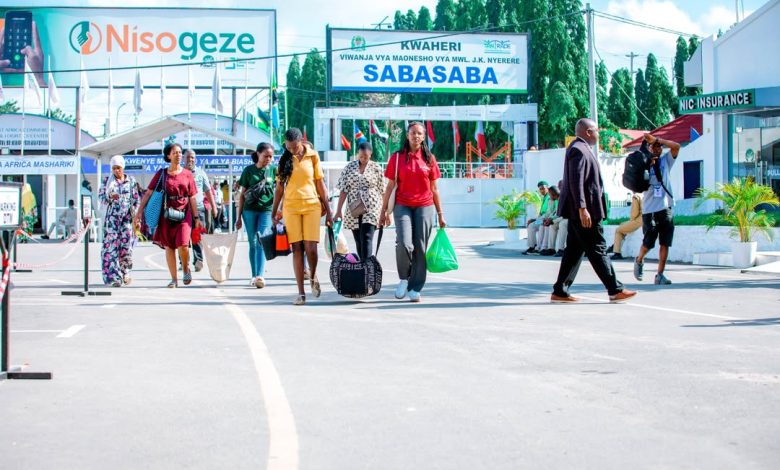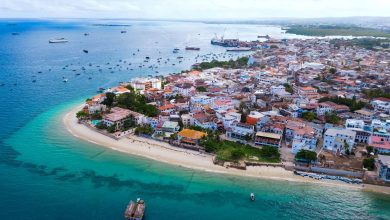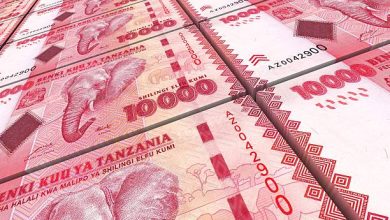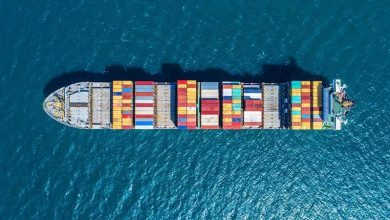Dar trade platform: Opportunity to drive agenda of agricultural transformation

TANZANIA: AT the on-going annual 49th Dar es Salaam International Trade Fair (DITF), or the famous Sabasaba in short, the message of agricultural transformation is loud and clear: “Let’s talk fertiliser, agriculture is fertiliser.”
That’s one of the key promotional flyers which greets the public upon entering the Tanzanian Fertiliser Regulatory Authority (TFRA) pavilion.
At this time of the year, the Kilwa Road venue of the DITF is usually filled with business activities as policymakers, business executives and industry experts meet to examine the structural trends, investment flows and strategies shaping Tanzania’s economic trajectory.
This is the time of the year when TFRA, the state-run agency, uses the premier business platform not only to promote its own regulatory functions but also to understand market shifts, forge new business connections and to position itself at the heart of Tanzania’s next growth frontier as the emerging fertiliser hub in East and Central Africa come 2030.
Boasting of 33 factories manufacturing fertiliser and fertiliser supplements and a recently-built modern laboratory, in the next five years Tanzania will become the regional powerhouse in the production and distribution of fertilisers, asserts Dr Anthony Diallo, the chairman of the TFRA Board of Directors.
At the end of June, President Samia Suluhu officially inaugurated the 180-million-dollar ITRACOM Fertiliser Limited (IFL), the largest factory in the country with a capacity of producing one million metric tons per year. Another huge fertiliser factory is in the offing following the signing of an agreement between the Tanzania Petroleum Development Corporation (TPDC) and an Indonesian company, ESSA Industries.
“The fertiliser industry in Tanzania has many investment opportunities to enhance agricultural production. The increasing demand in fertiliser domestically and the existence of a ready-made market in neighbouring countries create new and existing investors to expand production, says TFRA Executive Director, Joel Laurent.
“The investment can focus on production of fertilisers suited to soil types and crop requirements, building of warehouses for storage of fertilisers in strategic areas such as railways, roads and ports to facilitate distribution and ensure accessibility to farmers at affordable prices,” he explains.
ALSO READ: RC: Grab DITFT economic opportunities
He says investing in soil testing services is essential for farmers to use appropriate fertilisers according to their soil needs for enhancing production and increasing yields.
He further says that modern technologies such as drones, artificial intelligence and advanced farming methods offer opportunities to improve fertiliser usage, reduction of waste and increase of benefits within the sector.
Overall, Laurent is optimistic that the above investment opportunities can enhance Tanzania’s agricultural production and contribute to economic prosperity.
The availability of raw materials such as coal, phosphate and natural gas reserves for making phosphate and nitrogenous fertilisers are an incentive attracting foreign and domestic investors.
The Dar es Salaam fair, officially launched in 1976, is a business platform providing an opportunity to fertiliser manufacturers/blenders, fertiliser associations, fertiliser distributors, fertiliser consumers, funding institutions and enablers and development partners to highlight pressing challenges and propose recommendations, says Getrude Ng’weshemi, the TFRA Acting Manager for Mobilisation, Production and Environment.
The trade gathering, Ng’shemi says, gives fertiliser producers/ blenders, associations for fertilisers, distributors for fertilisers, fertiliser users, financing organisations, enablers and development partners an opportunity to discuss fundamental issues and challenges and offer recommendations.
It is through such business exhibitions that member states of the East African Community (EAC) have encouraged private sector-led fertiliser manufacturing with preference to using locally available raw materials and promotion of intraregional trade in fertilisers in line with the Common Market Protocol Provisions.
Through Public-Private Partnerships, EAC partner states are promoting development of the fertiliser industry and sharing best practices.
“Fertilisers are a cornerstone of agricultural productivity. They enhance soil fertility, increase crop yields and contribute to the overall economic wellbeing of our farming communities and the nation at large,” Ng’ weshemi explains.
Her assertion is supported by the TFRA boss Joel Laurent: “We gather here at the Dar trade fair as a diverse group of stakeholders from across the fertiliser value chain, both from within our borders and beyond, united by a common goal: to advance the development of the fertiliser sub-sector.”
“This event presents a platform for analysing policy, strategic and technological issues pertinent to the development of the fertiliser sub-sector. Sharing best practices and success stories from within and across countries beyond our region will be a key to our collective success.”
True, for the success of Tanzania’s and Africa’s efforts in agricultural transformation to a greater extent depends on strong collaboration. And the Dar es Salaam Trade Fair is the right venue to forge a long-lasting relationship between government agencies, research institutions, the private sector and local communities.
By forging robust partnerships, Tanzania can ensure that its initiatives are aligned with national, regional and international goals and that they benefit all stakeholders involved.
As Laurent says, looking ahead, “we envision a future where every farmer has access to quality fertiliser at affordable prices and knowledge necessary to maximise their yields sustainably. Our goal is to empower farmers, enhance their livelihoods and contribute to the overall development of Tanzania and the African continent at large.”
The East African region is endowed with abundant raw materials required for the manufacture of fertilisers, scattered in the different partner states. Other factors supportive to up-scaling fertiliser manufacturing include the high demand for fertilisers, presence of multiple funding sources, political will in support of local production of fertilisers, presence of logistical support including a growing road and railway network, investment centres to support investors and regulatory authorities to oversee adherence to good practice in the fertiliser value chain.
There is therefore the need for EAC member states to support and promote investment in fertiliser production informed by comparative advantage and economies of scale, say experts who have done extensive research on the subject.
As the Dar es Salaam International Trade Fair brings together businesses, governments and international institutions to showcase and promote the breadth and quality of investment opportunities, Africa’s future lies in agriculture as its oldest occupation which will create new lasting partnerships that will deliver more investment, jobs and growth.
Tanzania and Africa at large, needs to promote sustainable agriculture where advancements in fertiliser technology take precedence to fuel increased farm productivity.





